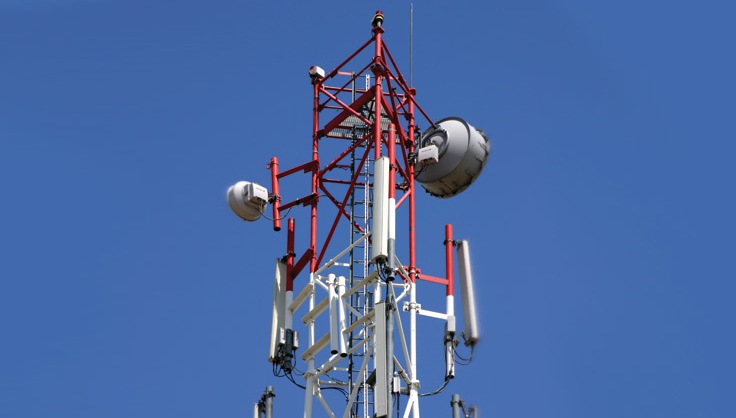Investigation by National Daily has revealed that telecommunications operators in Nigeria spent not less than N405 billion in maintenance of base stations.
The spending significantly covers the cost of diesel to power the 45,000 base stations across the country.
The President, Association Telecommunications Companies of Nigeria (ATCON), Mr Olusola Teniola told National Daily that a 2G/3G base station cost $250,000 to build and the cost of annual maintenance for each range between 10-30 per cent of the capital expenditure. Based on 10 per cent, which is the least, the operators would have spent $25,000 (N9 million) to maintain one base station last year. Multiplication of this by the 45,000 base stations amounts to N405 billion.
Teniola noted that over 80 per cent of the money spent on maintenance of the base stations are on the purchase of diesel, noting that the telcos would have spent less if there was stable power supply from the grid.
He, however, expressed optimism that with the current drive to deploy 4G and subsequently 5G, the operators would be spending less. “The power situation in the country remains the same and the mobile network operators are still spending a lot on diesel,” he said. “Our hope now is that with the deployment of 4G base stations, operators will be able to save cost because it cost less to maintain a 4G base station compared with 2G/3G. 4G/5G stations. It consumes less power and will help the telcos save costs.”
The ATCON president added that despite the efforts being put in place by the MNOs over the last two years, they have been able to convert only 7,000 out of their 45,000 base stations to 4G.
4G is the fourth generation of broadband cellular network technology, succeeding 3G for faster Internet access. While all the four GSM operators – MTN, Globacom, Airtel and 9Mobile – claimed to have rolled out 4G across major cities in the country, access to the service is still very limited.
“Latest data from the telcos show that only about 15 per cent of their entire base stations have been converted to 4G, which is 7,000 out 45,000 base stations. It shows that we still have a long way to go to deepen broadband penetration,” Teniola said.
Meanwhile, the Executive Vice Chairman of Nigerian Communications Commission (NCC), had recently challenged the MNOs to invest more in base stations. According to him, Nigeria needs 70,000–80,000 base stations if it wants to join other countries in developing Internet of Things (IoT) technology by leveraging 4G and 5G technologies.
“3G, 4G going to 5G networks are going to usher this country into smart applications, the Internet of Things or the smart world and cities we are talking about,” he said. “And, of course, because of the additional burden on infrastructure, the present capacity of telecom infrastructure is grossly inadequate to cater for these additional platforms or services we talk about. “Therefore, we will need from 70,000 to 80,000 base transceiver masts to be able to provide the effective capacity that’s needed to deploy 4G going to 5G.”
However, the MNOs have noted that the issue of multiple taxation is hindering their ability to invest more on base stations to meet the need.
According to them, with other operating costs, the multiple taxes have led to high cost of doing business in the country despite the Ease of Doing Business initiative of the Federal Government.
Speaking under the aegis of Association of Licensed Telecommunications Operators of Nigeria (ALTON), the telcos noted that the cost of running business in the country has now tripled the cost in Ghana and other neighbouring countries. “We have witnessed in Nigeria today that most of the regulatory bodies have left the regulatory functions and now turn to revenue generating bodies and this brings about multiple taxation and regulation,” ALTON said in a statement.

 Football6 days ago
Football6 days ago
 Entertainment5 days ago
Entertainment5 days ago
 Football7 days ago
Football7 days ago
 Business4 days ago
Business4 days ago
 Football7 days ago
Football7 days ago
 Football5 days ago
Football5 days ago
 Crime6 days ago
Crime6 days ago
 Football6 days ago
Football6 days ago

